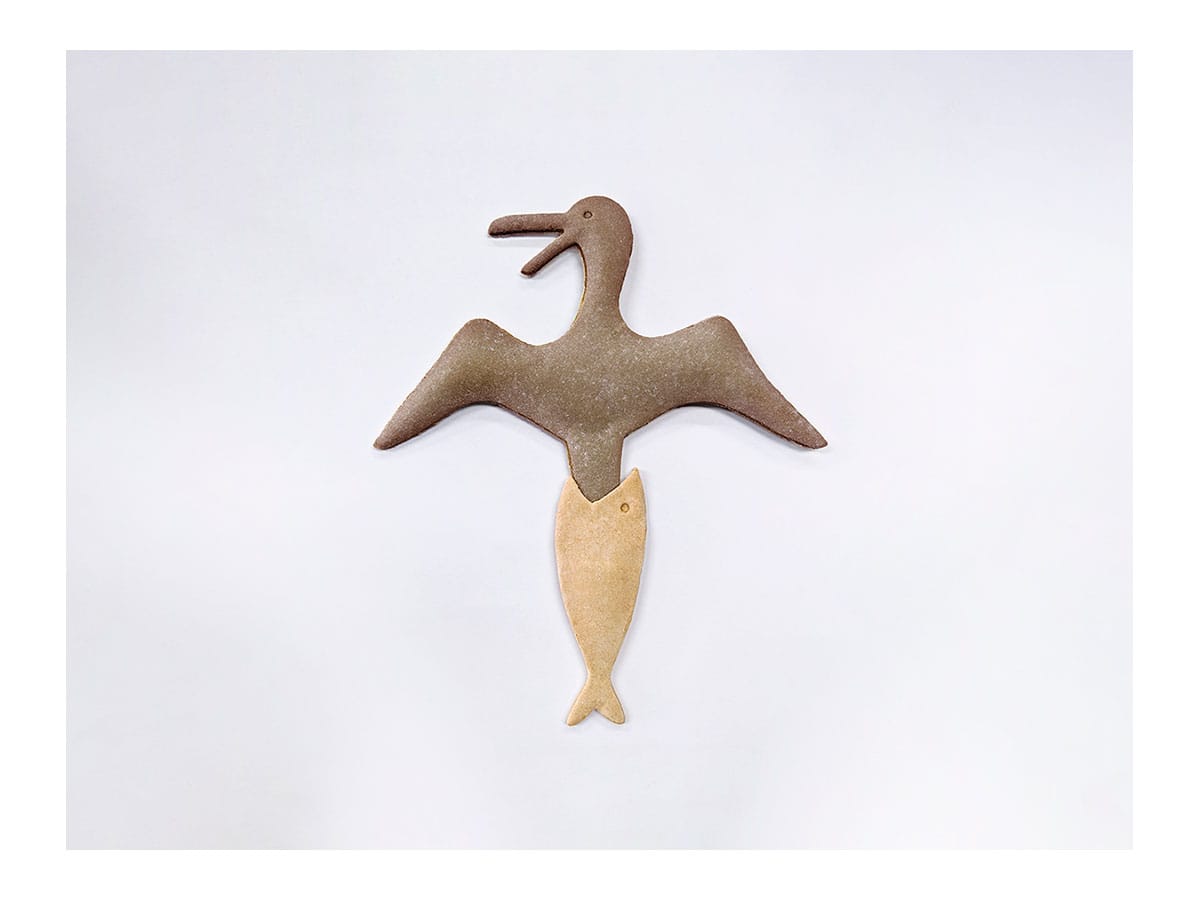
Source: © PR Times, Inc.
The fish that fought back: role-reversing cookie from cormorant fishing area goes viral
- Tags:
- Akechi Mitsuhide / Cookie / Gekokujo-Ayu / Gifu Prefecture / Japanese sweets / Tamaiya Honpo
Related Article
-
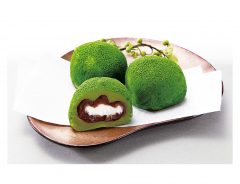
Ehime Prefecture Shop’s Matcha Cream Mochi Cake Has Fans Lining Up From All Over Japan
-
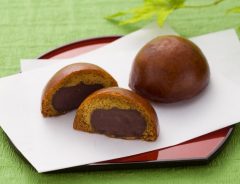
Japanese sweets store Suehiroan starts delivery of their popular Karintō Manjū
-
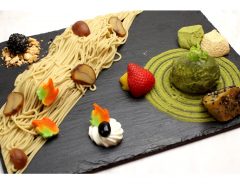
Matcha specialty shop’s edible zen garden looks like a delicately created food painting
-
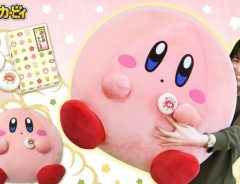
This New Giant Kirby Plush Comes With Kirby-Themed Japanese Sweets
-
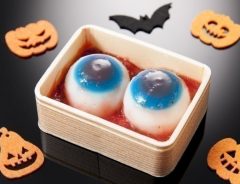
Traditional Japanese Confectionery Offers Cute-and-Gross Sweets For Halloween
-
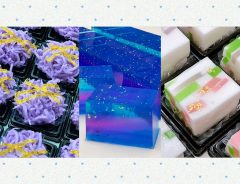
Japanese wagashi shop’s gorgeous Star Festival seasonal offerings of starry and summery sweets


Sometimes, surprises come in small packages.
A few days ago, Twitter user Tanabota banzai (@Ankosri) posted an unusual looking cookie along with a pamphlet from the sweets shop which made it.
The cookie is called 下剋上鮎 gekokujō-ayu and shows what appears to be an ayu (sweetfish) swallowing a bird. Gekokujō means a subordinate overthrowing a superior. It's often used in the context of pre-modern Japanese history, but by extension, can also be used in contemporary situations. So then, gekokujō-ayu is a sweetfish which decided to fight back and eat the bird instead of being eaten.
"This 'famous confectionery' from Gifu Prefecture called Gekokujō-ayu 下剋上鮎 was even more true to its name than I imagined."
This all makes more sense when you learn that gekokujō-ayu is made by Tamaiya Honpo 玉井屋本舗, a Japanese sweets shop situated in Gifu Prefecture, not far from the Nagara River, which is famous for 鵜飼 ukai, or cormorant fishing, a popular tourist attraction.
So that explains the sweetfish and the cormorant, but why use gekokujō, which suggests something on a larger, more dramatic scale? The pamphlet in Tanabota banzai's Tweet, which already has over 50,000 likes and 20,000 retweets at the time of writing, provides the answer.
The pamphlet starts by explaining the tradition of cormorant fishing and then says: "But one day, a sweetfish thought to itself: 'We've been eaten by cormorants for over 1,300 years. Is it OK for this to continue unchanged? No, it can't be. Just like Akechi Mitsuhide, the pride of Gifu Prefecture, it's time for mutiny!'"
Akechi Mitsuhide (1528-1582) was a general of the Sengoku Period famous for rebelling against Oda Nobunaga in the Honnō-ji Incident in 1582, thus forcing him to commit ritual suicide.
According to a report in J-Cast Trend, Tamaiya Honpo realized in 2018 that interest in Akechi would increase when the NHK historical drama series Kirin ga Kuru 麒麟がくる based on his early life aired in January 2019, so they wanted to create a new sweet which would pay tribute to Akechi and hopefully become noticed through its unusual design. After over a year of development, trial and error, getting the expression of the two animals just right, they were ready to commercialize and the cookies went on sale in December 2019.
The cookies had been selling well, but after Tanabota banzai's Tweet went viral, eliciting many positive reactions, their online shop saw a sixtyfold increase in access numbers.
Part of the reason for the renewed interest in the cookies may also have to do with their recommended uses:
The pamphlet goes on to say: "Whether you're squaring off against a powerful opponent, facing a major challenge in life, trying to defeat a rival in love, it will give you strength and good luck." The shop's website also suggests it can encourage students studying for entrance exams, candidates looking for jobs or even as a joke to your boss.
In other words, they're not just oddly-shaped cookies, they have a symbolic meaning which gives them universal appeal.
© PR Times, Inc.
If you're interested, you can order the cookies from their online shop here.
They come in two sizes and two varieties, one with a matcha-flavored cormorant and another with a kokutō sugar-flavored cormorant. The sweetfish cookie incorporates rice flour made from Gifu's prized Hatsushimo rice and sweetened with Wasanbon sugar.
You can buy large cookies for 540 JPY apiece, a set of four small cookies (two of each variety) for 1,080 JPY, or a set of 12 small cookies (six of each variety) for 3,780 JPY (tax included).